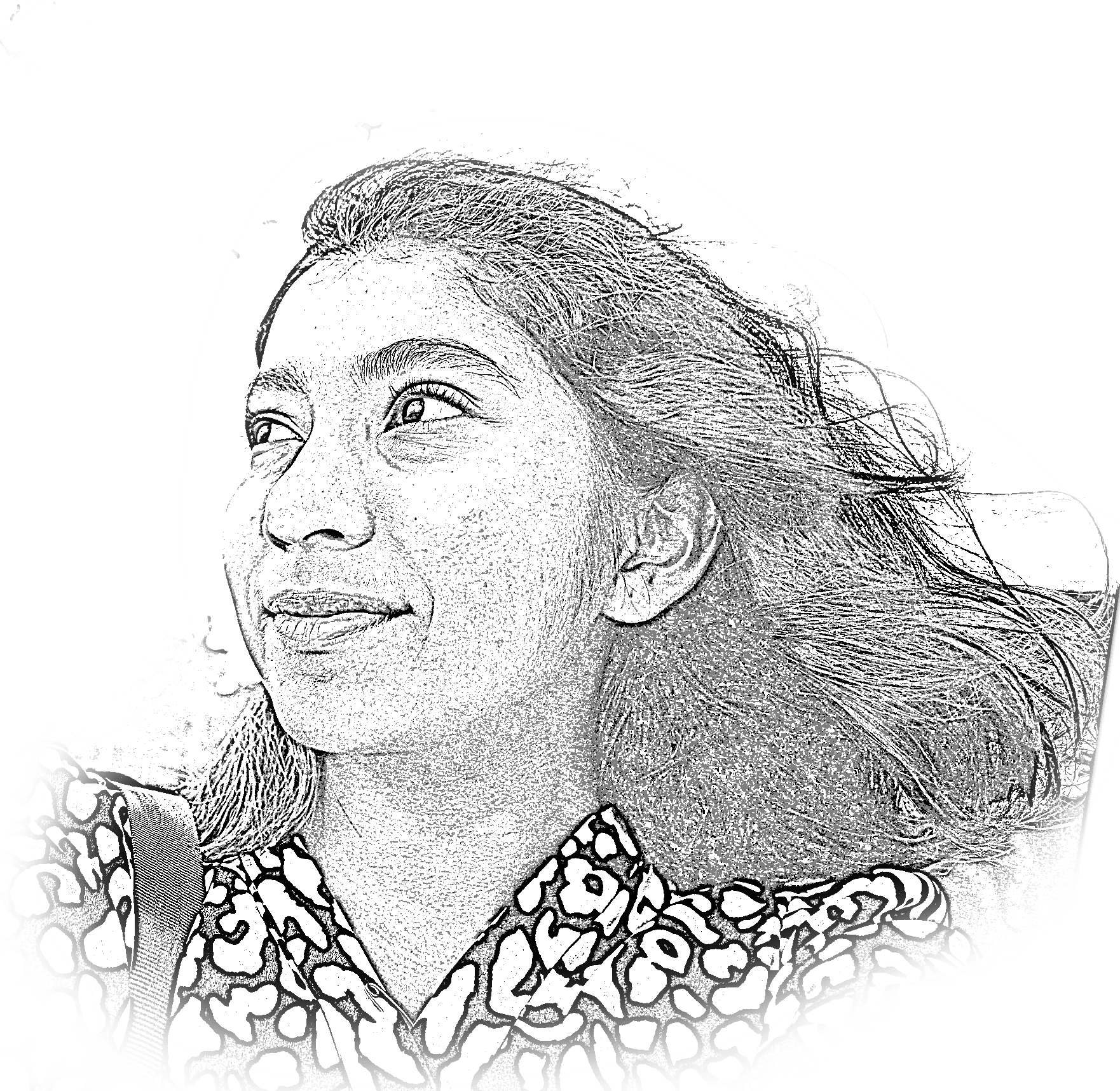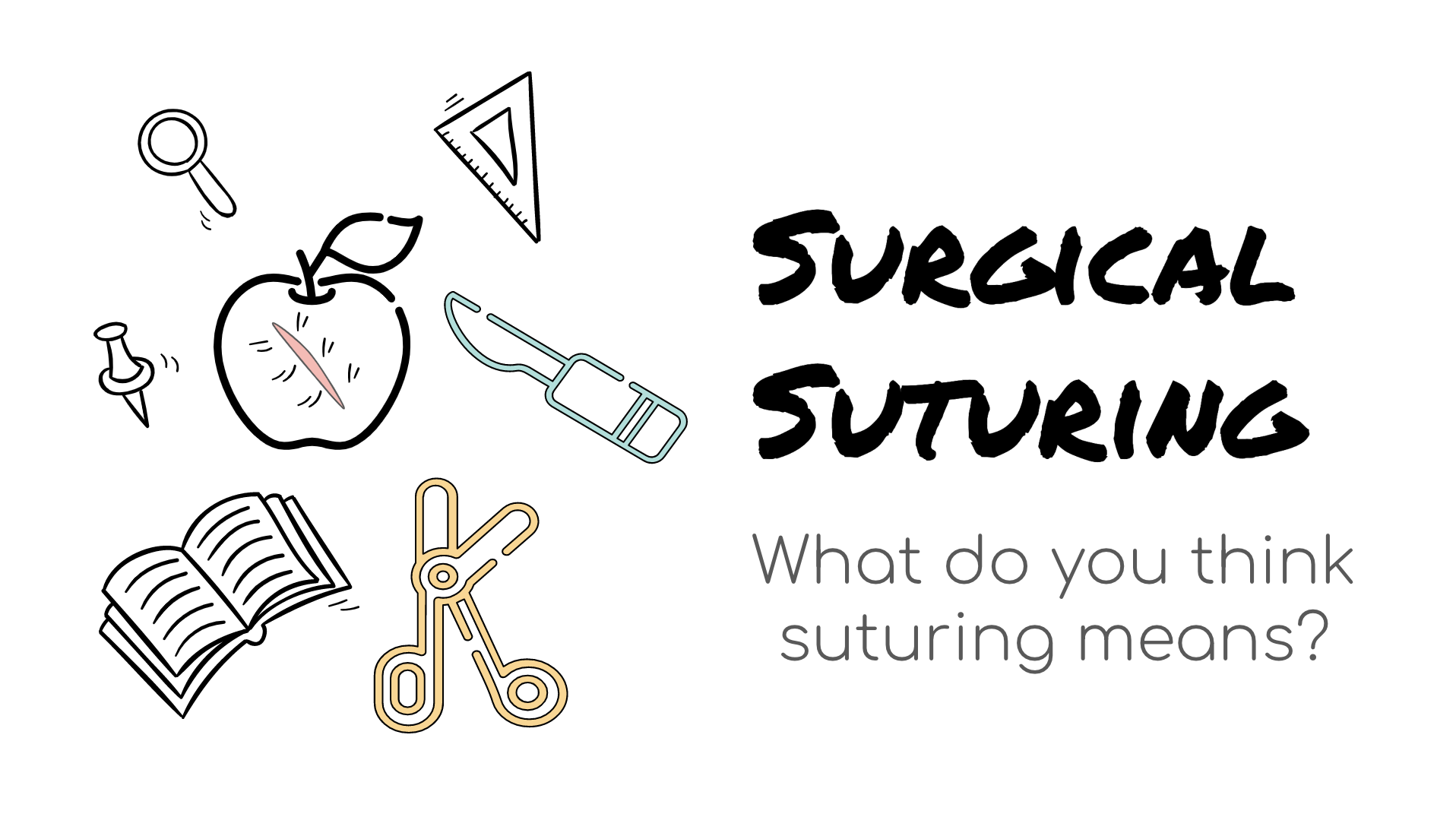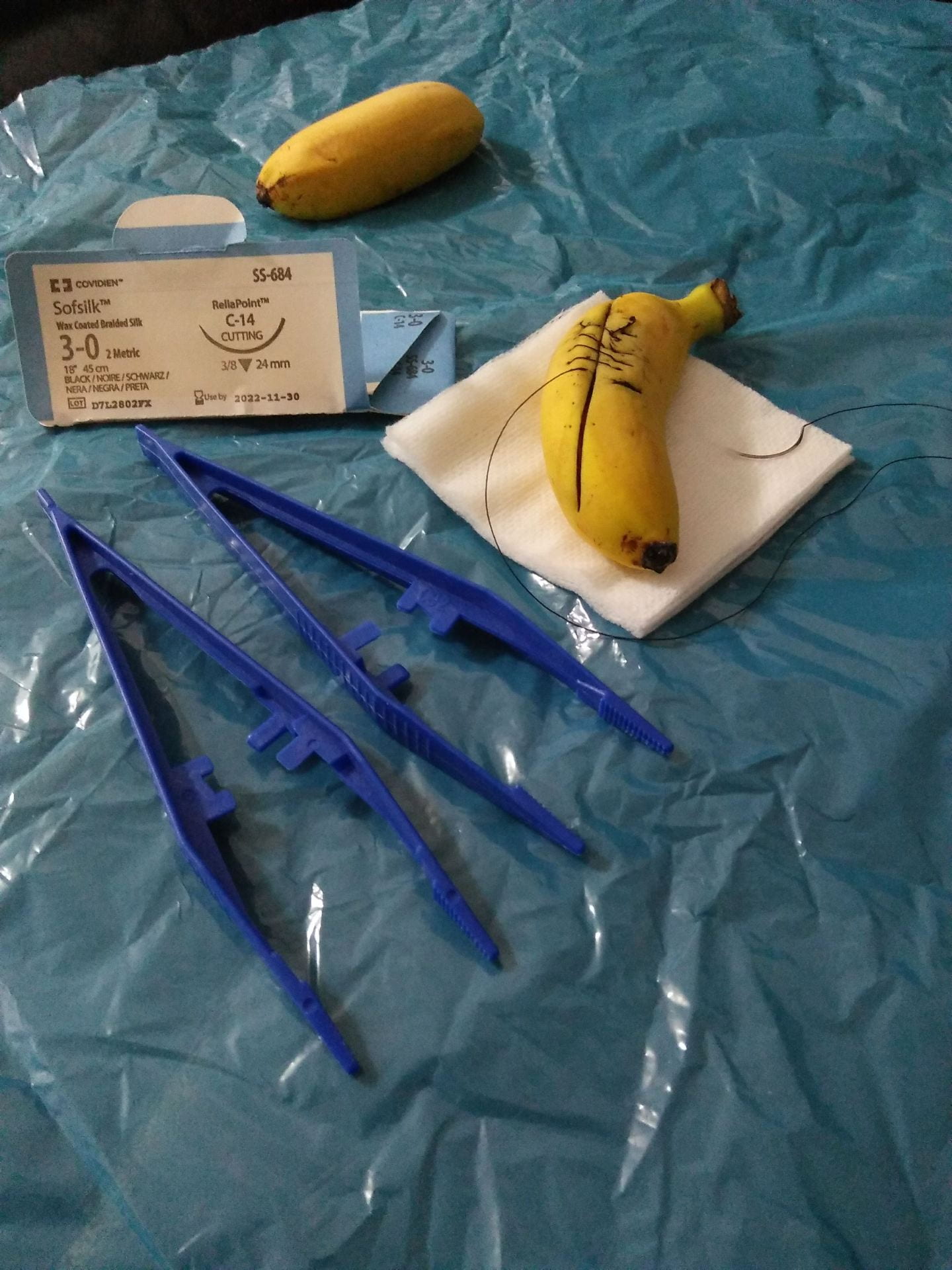Medical Society
(Creative Activity)
Term 1 Reflection
LO2: Demonstrate that challenges have been undertaken, developing new skills in the process
In this activity I am able to collaborate with younger and older peers and build my communication and collaboration skills, especially with accommodating to other age groups. Perhaps, I found it much more flexible with younger students because of the younger student’s openness and ambition to learn from someone older. As for talking to older students, I hope to now communicate with more elder peers to learn about their experiences. However some challenges I find are to communicate effectively with the people from my grade, as I may be perceived to be overbearing at times. But one thing that I have noticed is that I tend to not stick around with people from the same grade, especially due to my nature of getting to know the people of other experiences. While working with larger groups of people is quite challenging, I find that with smaller departmental groups, a larger group is much more easier to manage. Collaboration was very important to achieve the outcomes as we had to reach a consensus on the end decisions. I could provide more resources for my teammates to make it easier for them to learn.
Medical Society has allowed me to take part in multiple conversations about medical school and gaining insight into medical knowledge.
In the first week, we experienced a Case Based Learning (CBL). A Medical CBL allows students to take the role of a physician to diagnose the “case” of a patient. As we must address the patients needs, both psychosocial and physiological, we probe the patient with questions about certain symptoms, drug history, family history and occupation. With a limited time for each round, we must interact with the patient respectfully, empathetically and ask as many relevant questions we can think of. Our etiquette and style of questions must reflect that of a real physician. Without the use of “google,” we are challenged and must use our inferences to investigate the disease.
After investigating the primary complaint in the first few rounds, the opportunity to conduct tests allows us to dig deeper into the patient’s condition, however before conducting tests, we must first persuade the patient, backing up our reasons for conducting such tests, with their informed consent. We are also faced with different developments as the progression of the disease becomes clinically significant, which may reveal more details about the anatomical position of the problem or indicate inflammation. In order to confirm our diagnosis, before the disclosure to the patient, we are allowed to check for the medically accurate name of the condition.
In the end, the ethical/moral relationship created with the patient and the logical process used to diagnose are two of the most important factors, which indicate our success in accommodating to the case. I find that this is my most favourite Med. Soc. activity due to the active nature of diagnosing the patient. It is very effective as I can take on responsibility for what I say and am not simply an observer in the Doctor’s office. I can introspectively analyse the mental processes undertaken by physicians to fully diagnose a patient. To progress further, my aim is to allow my younger peers to realise their potential in the CBL by being more vocal about their medical inquiries.
Term 2 Reflection
LO5 – Demonstrate the skills and recognize the benefits of working collaboratively
LO6 – Demonstrate engagement with issues of global significance
We started off season 2 with disease research presentations, in groups we collaborated to research different diseases and their clinical relevance, and within a short span of time, prepared presentations to share with the whole Medical Society. I learned this form of investigation calls for us to use research skills, and actively advocate our thoughts to other group members hence resulting in effective collaboration outcomes. Additionally researching diseases helps us contextualize the worldwide significance of various diseases.
Term 3 Reflection
LO3: Demonstrate how to initiate and plan a CAS experience
As I applied to be a Chair for Medical Society, I had the opportunity to lead a session (before circuit breaker time). I wanted to lead a memorable session which was interactive, to do this I arranged some suturing materials for students to introduce students to this important surgical skill. While I did not have access to expensive materials and kits, I planned to be able to make do with cheap alternatives, for example, instead of metal tools, I was able to get some plastic forceps, sterile field and other materials in sterile dressing sets. To mimic skin, I used bananas, and I gave students the ability to cut the skin, then using expired sutures (which I bought from a medical student via Carousell) students were able to use video demonstrations to practice the technique.
Term 1 Reflection – 2020 to 2021 Year
LO3: Demonstrate how to initiate and plan a CAS experience
LO4 – Show commitment to and perseverance in you CAS experiences
As a chair, I contribute to taking attendance in the session, keeping students engaged in material, and providing more opportunity for discussion and research. I aim for each session to be meaningful for students, but it has been difficult that sometimes a co-chair is not attending the session, so the distribution of work is put on others shoulders. While this was difficult it allowed me to adapt and manage this pressure of leading the session, building my skills under pressure. I also feel sense of accomplishment in having lead a session by myself. From my insightful conversation with the supervisor, I learnt that I need to keep students engaged throughout the session. I also realised that getting students attention can be difficult, but over the first couple of sessions, especially in the week I led alone, I practiced and tried to use a loud voice, eye contact and gesture/cues to get students attention. Below are some of the presentations I contributed to and currently in November students are being given time to work on research presentations which they will start to present from 10th of November. I am looking forward to giving students more opportunity to discuss and debate ethical topics as well, building their TOK, argumentative and public speaking skills.




